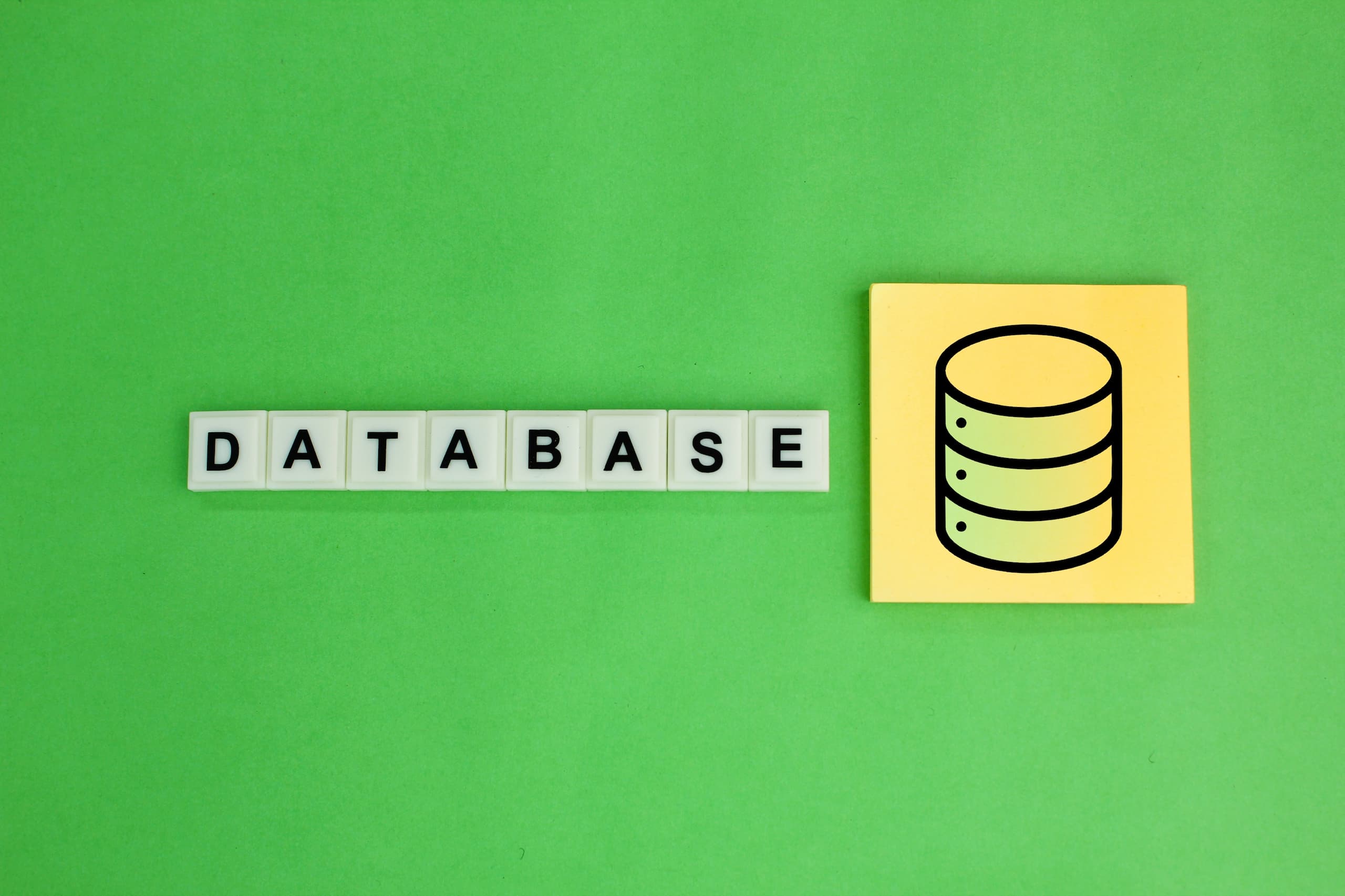
In today’s world, companies depend on data more than ever. Having access to a well-managed customer database is key to the success of sales, marketing, and customer service. However, managing your customer database is not as simple as accumulating names and email addresses. It’s about organizing, updating, and protecting the information to ensure it is accurate, useful, and secure. In this blog, we will talk about how you can effectively manage your customer database to maximize its value.
Why is good customer database management important?
Having a well-managed customer database is not only useful, it’s essential. Accurate data allows you to better segment your marketing campaigns, build stronger relationships with customers, and make informed decisions based on real data. On the other hand, a disorganized or outdated database can lead to communication problems, lost sales opportunities, and a poor customer experience.
A Salesforce study showed that 21% of a company’s revenue is negatively impacted by incorrect or outdated customer data. This means that keeping your database clean and organized is not just a best practice but can have a direct impact on your financial results.
Keep Your Database Updated
One of the main challenges in managing a customer database is keeping it up to date. Customer data is constantly changing: email addresses, phone numbers, and, in some cases, even their preferences or needs. If you don’t have a process for regularly updating this data, you risk working with outdated information, which can lead to errors in marketing campaigns or customer service.
One of the best ways to ensure your database is always up-to-date is to implement an automatic update system. This can include online forms that allow customers to update their information or tools that automatically sync data changes across different platforms. For example, if a customer updates their information on your online store, those changes should automatically be reflected in your CRM.
Additionally, performing regular audits of your database will allow you to identify and correct any outdated or incorrect data before it affects your operations.
Database Segmentation
Not all your customers are the same, and not all of them have the same needs or preferences. Segmentation is a fundamental part of customer database management because it allows you to divide your audience into specific groups based on criteria like location, purchase history, browsing behavior, and more.
Imagine you have a database with thousands of customers. If you send the same promotional email to all of them, it is likely that many of those messages will not be relevant to a large portion of your audience. But if you divide your database into smaller segments, you can create much more personalized and effective marketing campaigns.
A study by Campaign Monitor showed that segmented campaigns can increase email open rates by 14% and click rates by 100%. This means that a well-segmented database not only improves the customer experience but also increases the chances of conversion.
Database Cleaning
An important part of customer database management is ensuring that the information you have is accurate and not duplicated. Duplicate data is one of the most common problems in databases and can create confusion, waste resources, and lead to a less professional customer experience.
To avoid these problems, it’s important to perform regular cleanups of your database. This involves removing duplicate records, correcting typographical errors, and ensuring that the data is complete and up to date. There are automated tools that can help you in this process, such as Dedupely or Data.com, which efficiently detect and eliminate duplicates.
Data cleaning not only improves the quality of information but also optimizes the performance of your marketing campaigns. A study by ZoomInfo found that companies that regularly clean their databases can reduce operating costs associated with data management by up to 15%.
Compliance with Data Protection Regulations
With the growing concern about data privacy, complying with data protection regulations is a crucial part of managing a customer database. Regulations like GDPR in Europe and CCPA in California require companies to handle personal data responsibly, which includes obtaining customers’ consent to store and use their information, as well as ensuring that they can access their data and request its deletion if they wish.
Non-compliance with these regulations can result in heavy penalties and damage your company’s reputation. According to a Deloitte report, 47% of consumers would abandon a brand that does not adequately protect their information. Therefore, it is essential to ensure that your database is aligned with both local and international regulations.
Database Security
Security is a fundamental pillar in customer database management. If your customers’ data falls into the wrong hands, the consequences can be devastating for both the customers and the company. Cyberattacks are a constant threat, and companies must be prepared to protect customer information from unauthorized access.
Implementing robust security measures, such as data encryption and multi-factor authentication, can help protect your database from potential breaches. Additionally, it’s important to ensure that all employees handling data are trained in security best practices and that the tools you use to manage data also offer adequate security levels.
A study by IBM revealed that the average cost of a data breach is $4.45 million. Investing in data security not only protects you from financial losses but also helps generate trust among your customers.
Automation of Data Management
One of the greatest advancements in customer database management is the use of automation tools. Automation not only facilitates database updates, but it also helps reduce the margin for human error and saves time.
Automating processes such as data entry, duplicate removal, and segmentation allows you to manage information more efficiently. Additionally, automation also allows the synchronization of customer information between different platforms and systems, ensuring that data is always up-to-date and consistent throughout the company.
A HubSpot study indicated that companies using automation tools can increase their efficiency by 20% and reduce the costs associated with data management. The key is finding the right tools that integrate well with your CRM and other systems.
Benefits of Good Database Management
A well-managed database offers multiple benefits for your business. First, it improves operational efficiency, allowing employees to quickly access accurate and updated information without wasting time searching for data or correcting errors. This facilitates decision-making and streamlines sales and marketing processes.
Second, it improves personalization and customer relationships. When you have access to accurate data, you can better personalize your messages and offers, creating a more relevant experience for the customer. This not only increases customer satisfaction, but also boosts conversion and loyalty rates.
Finally, a well-managed database ensures that you are complying with data protection regulations, which reduces the risk of legal sanctions and protects your company’s reputation. Gaining the trust of your customers is valuable, and a secure, well-managed database is essential to maintaining that trust.
Conclusion
Managing a customer database is much more than just storing information. It’s about keeping the data updated, organized, and secure so that it can be used effectively in all areas of your business. From segmentation to automation, through security and regulatory compliance, properly managing your database is key to improving efficiency, offering a better customer experience, and protecting sensitive information.
Implementing these best practices will not only make your database more useful but will also help your company grow more efficiently and securely.






No comment yet, add your voice below!